The Addiction Policy Scholars Program seeks to empower a network of diverse leaders to address one of the most pressing challenges in U.S. society — substance use disorder. Addiction Policy Scholars are current and emerging leaders with lived experience (personal, family, and professional) with addiction and recovery.
The inaugural cohort of addiction policy scholars launched in September 2022 during National Recovery Month with a three-day Policy Academy in Washington, D.C. where scholars visited the White House, Congress, and federal agencies to meet with top government officials and experts in the addiction policy field.
The program culminated with a congressional briefing on Capitol Hill in March 2024, where scholars highlighted the critical need for addiction policy that is both informed by lived experience and rooted in science, equity, and community need. Learn more about their projects and poster presentations.
Learn more about our inaugural cohort of Addiction Policy Scholars below:
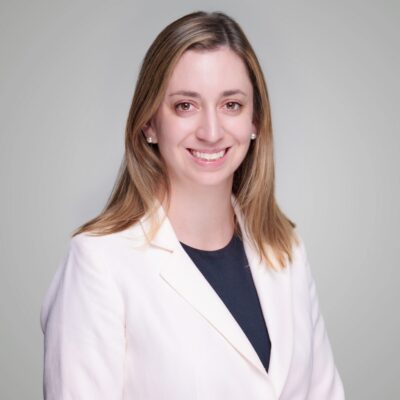
Marianne Gibson Project: Equitable Access to SUD Funding to Address Racial Disparities
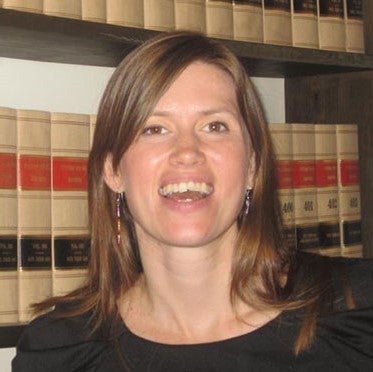
Philomena Kebec Project: Sustainable Funding for Tribal Harm Reduction Programming
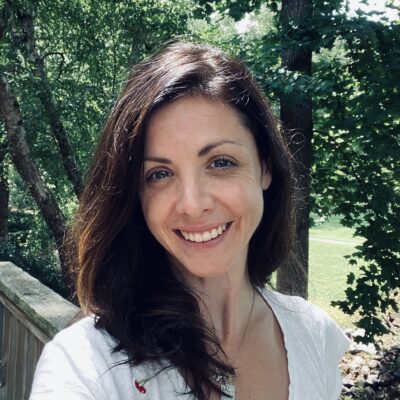
Lauren Kestner Project: Harm Reduction Housing First for People Who Use Drugs
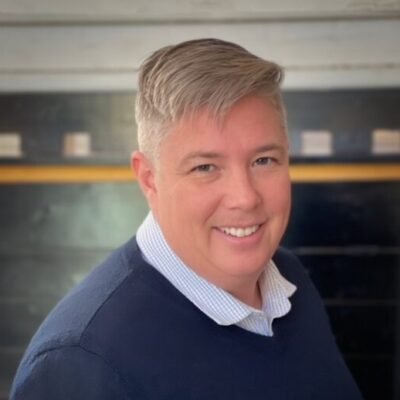
Lauren Nocera Project: Centering Equity in Drug Policy and Funding
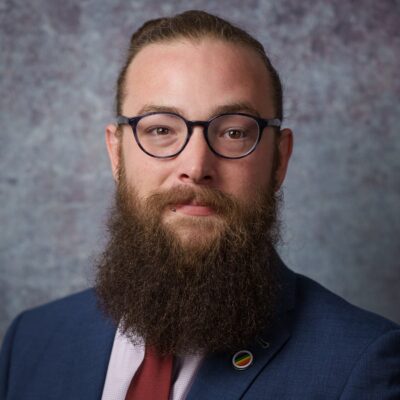
Keegan Wicks Project: Building a Recovery-Ready Nation
